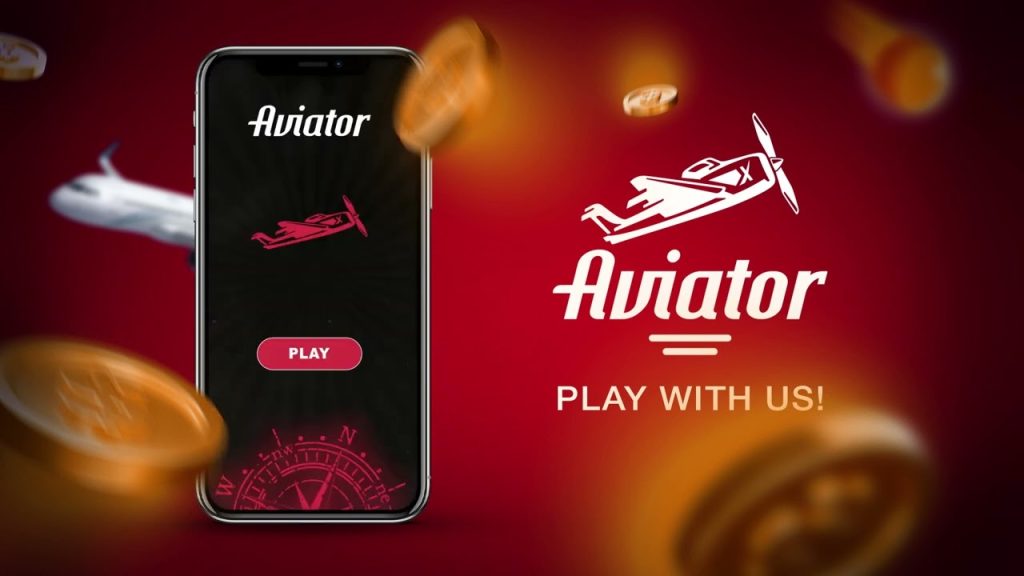In the evolving world of online gambling, few games have captured player attention as rapidly as the Aviator betting game. Its simple interface, fast-paced gameplay, and potential for high rewards make it incredibly appealing. But what makes people so drawn to it? To understand this fascination, we must delve into the psychology behind the aviator betting game.
The Thrill of Uncertainty
One of the strongest psychological triggers in the Aviator game is uncertainty. Players watch as a plane takes off on the screen with a multiplier that grows by the second. The key challenge is deciding when to “cash out” before the plane flies away and the game ends.
This mechanic plays directly into the brain’s reward system. Unpredictable outcomes, such as not knowing when the multiplier will crash, activate the same dopamine pathways stimulated by slot machines or other games of chance. It’s this uncertainty that keeps players engaged and craving “one more round.”
The Illusion of Control
Even though the outcome is determined by algorithms, the Aviator betting game gives players the illusion of control. By allowing them to decide when to cash out, it feels like skill or strategy is involved—even though the result is ultimately random.
This illusion encourages riskier behavior. Many users believe that timing or observation will lead to consistent wins, fostering a sense of overconfidence. This belief taps into what psychologists call the “gambler’s fallacy”—the mistaken idea that one can predict or influence chance outcomes based on past results.
Social Influence and Competitive Play
Many platforms featuring the Aviator game include live multiplayer modes, showing other users’ wins and losses in real-time. This adds a layer of social pressure and competition. Seeing others cash out big creates fear of missing out (FOMO) and can push players to take greater risks to “keep up.”
Additionally, leaderboard rankings, live chat, and community engagement heighten the game’s addictive nature. Players are not just betting—they’re performing, watching others, and being watched, all of which amplify emotional involvement.
Instant Gratification and Habit Formation
Another important psychological element is the speed of the game. Each round lasts only seconds, and players can immediately re-bet. This rapid cycle of bet-outcome-repeat encourages habit formation, similar to scrolling through social media or playing mobile games.
The combination of quick results and occasional big wins keeps the brain in a loop of anticipation and reward, reinforcing behavior and making it hard to stop playing.
Conclusion
Understanding the psychology behind the Aviator betting game reveals why it has become such a powerful and potentially addictive form of entertainment. By leveraging uncertainty, the illusion of control, social dynamics, and instant rewards, the game taps deeply into human cognitive and emotional patterns.
While the game may offer moments of excitement and chance-based rewards, it’s important for players to recognize these psychological hooks and play responsibly. Awareness is the first step toward maintaining control in the high-stakes world of online betting.


